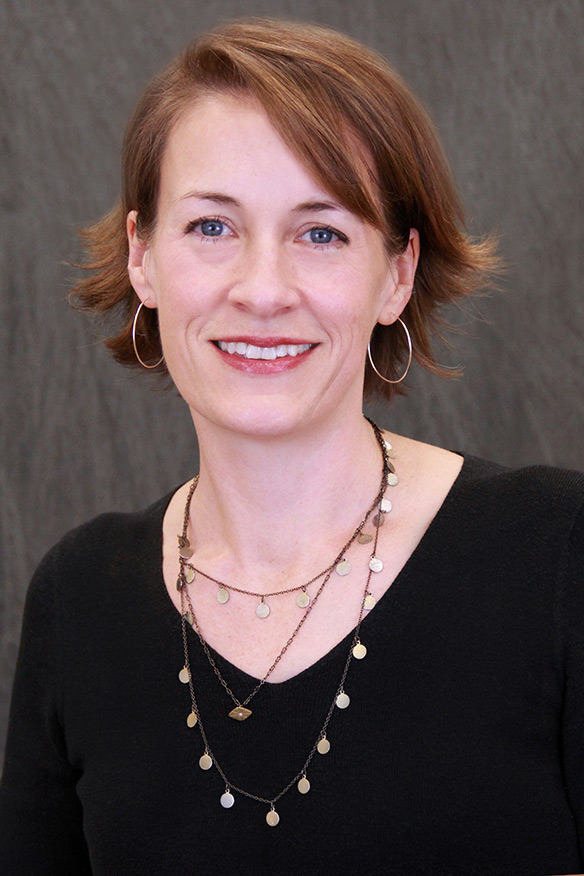NSF Awards Grant to UTEP and EPISD for CS Study
Last Updated on October 11, 2019 at 12:00 AM
Originally published October 11, 2019
By UC Staff
UTEP Communications
The National Science Foundation recently announced that it awarded a nearly $312,000 grant to a team from The University of Texas at El Paso and the El Paso Independent School District led by UTEP’s Katherine Mortimer, Ph.D., associate professor of teacher education, and EPISD’s Scott Gray, director of New Tech Network Programs.

The team will support EPISD teachers to develop a curriculum module that could get traditionally marginalized middle school students interested in computer science (CS).
Mortimer and Gray, the project’s principal investigators, and their fellow researchers started work on “A Research-Practice Partnership for Developing Computational Thinking through Linguistically and Culturally Relevant CS Curriculum in Middle School” on Oct. 1, 2019.
The other research-practice partnership team members include UTEP’s Monika Akbar, Ph.D., assistant professor of computer science, and EPISD’s Cynthia Ontiveros, Ph.D., and Sarah Escandon, principal and active learning leader, respectively, at the district’s Young Women’s STEAM (Science, Technology, Engineering, Art and Mathematics) Research and Preparatory Academy.
The team plans to create innovative curriculum in English and Spanish tied contextually to the Borderland that middle school teachers can use to interest more Latino/a and English Language Learners in computer science. The plan is to center the new curriculum on an established game-based learning platform, Sol y Agua, created by Akbar and others at UTEP. Sol y Agua incorporates familiar El Paso-area geography and ecology to teach computational thinking.
In order to understand and improve the effectiveness of the curriculum, the team will investigate what teachers learn about computational thinking and dual-language instruction, how teachers implement the linguistically and culturally relevant problem-based learning module, and what students learn through this approach.
The researchers said their data could benefit CS instruction in El Paso area schools, as well as two large academic networks – the Computing Alliance of Hispanic-Serving Institutions (CAHSI) Includes Alliance, and the New Tech Network – that strive to improve instruction and to broaden participation of underrepresented students in computer science. Mortimer said that the team’s work could bridge two important efforts in K-12 education: increasing access to CS and to dual-language education.